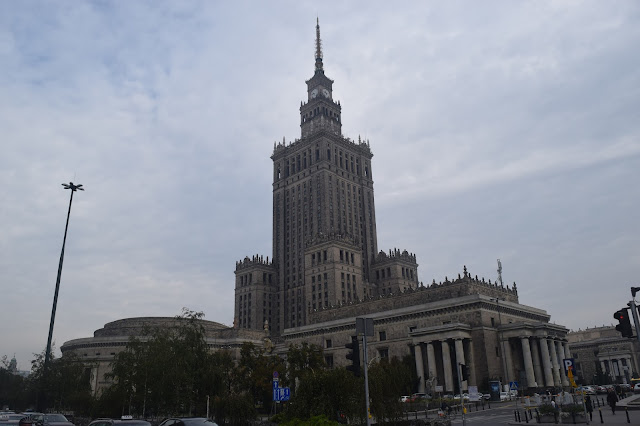No One is Absolutely Free
Freedom has always been a goal for everyone to achieve and maintain. It exists in several forms: freedom of expressing oneself, practice one's beliefs and to decide on whatever wants to do. Everyone fights to protect this right, but many have forgotten that this right entails also an obligation, which also in itself creates the limitation of such right. Why these limitations exist is the focus of this blogpost.
Being part of a larger society
Being free as an individual can never be absolute because all of us belong to a group of people or the entire society. The welfare of many weighs more than the freedom of one that could potentially harm the majority. This is exemplified in the spread of communicable diseases, emergency situations and even at war. This is perhaps the strongest argument why our rights are never absolute, and unfortunately given that freedom must conform with what leads to more societal benefits, sometimes freedom is balanced with the prevailing dominant sentiment in a society. Sometimes, impunity reigns because the people themselves think it could be used as an instrument for attaining a higher goal that benefits more people. Impunity is bad perhaps in any form, but justified when public opinion allows it, even this hampers the freedom of another.
Varying levels of rationality
Humans are rational beings. This is the first one learns in human philosophy. We are differentiated from animals because of our will and rational thought. All of us have been accorded with the gift of rationality, but in reality not all of us make use of this optimally. Although some are getting irrational at times, since they are humans so they could never be described as such, because they are automatically rational by nature regardless of time and situation. People just vary in rationality, in short. However, this variation somehow contradicts the notion that since people are rational so they must be free. In short, since people's rationality exists in different grades so their freedom must be limited or differentiated also at times. By limiting freedom, we justify our rationality and our diversity.
Conflict with arising diversity
All humans are created unique. We have varying histories, beliefs and aspirations. We all need to accept the fact that this is just how we are: different and unique. This is the reason why we need to respect each other's freedom to be who we are. However, this uniqueness does not exist parallel with each other. Often, conflicts exist as one's freedom intersects the other. Worse, being unique creates the classes of the strong and the vulnerable. The former attempts to control the latter. If freedom is not somehow suppressed, the trend of social division will continue. There should be unity in diversity. Easy said than done, but whatever manner it takes to be unified, all of these methods hinder freedom in one way or another.
Man's insatiable selfish nature
Humans have very meager resources available, but even though we know our resources are scarce, we never stop consuming. What we think is only what satisfies us today and in the near future. This is just how we humans behave. What we want and need is what we get in whatever level or manner we do so. When the environment reminds us that there are limitations, so we humans must also submit ourselves to the fact that there are also limitations on ourselves. Limiting freedom therefore is not a violation of a right, but should be considered a logical response and solution to man's voracious appetite for anything good and pleasurable. Should we not limit freedom, then all of us will die of dwindling resources. That is just how nature works.
The subjectivity of good
The major assumption of freedom is that when people are allowed to decide and act on themselves, the people will uphold what is good. This is true, but situations could be seen in different perspectives. What is good to the society may neither be good to one involved nor another person. Goodness is therefore hypothetical in nature, because there is no universal interpretation of it on a same event, involving the same individuals. This further affects how we see freedom in itself. If goodness is relative and vague, then so freedom is also. This quite justifies why there should be a limitation to freedom to give focus on the concept of being free.
All of us ofcourse must be respected regardless of what we say, act and believe. This the fundamental principle of freedom. Many in the past have actually fought hard, risking their lives and freedom for the next generation to attain it. There were ofcourse heroes, but few people think these so-called wasted their lives, because there is no absolute freedom. Perhaps after these heroes' sacrifice the society felt less oppressed, but not free. After some time, another dominant force will impinge the society that those earlier efforts to fight for freedom become worthless. Yes, all of us should not allow oppression and discrimination, but I believe all of us should rethink of our usage of the term of freedom, when in fact, it really does not exist in absolute terms in reality.











Comments
Post a Comment